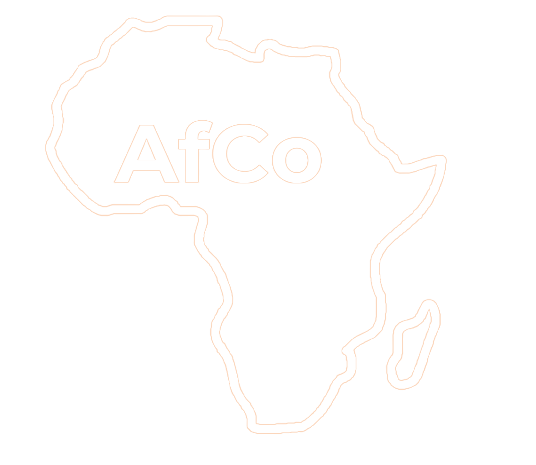How to Ensure Effective and Selective Free Medical Care Burkina Faso
The Bamako Initiative's direct payment requirement reduced health-care accessibility for the poorest and most vulnerable. Many authors recommend implementing income-targeting policies to provide free healthcare to the lowest-income citizens. However, despite being effective, low-income targeting poses many problems, such as social acceptability, the difficulty of identifying the right beneficiaries, and the latter's possible stigmatization. This research uses a qualitative approach to study the suitability of selective, free healthcare services for women, children and indigent people in Burkina Faso. It finds that selective, free medical care services are socially acceptable even though the choice of beneficiary groups is sometimes questioned. Involving Burkinabe communities in beneficiary selection plays a major role in making such policies acceptable and effective, and notably reduces the stigmatization of the indigent.
Keywords
- free medical care
- targeting
- Burkina Faso
- communities
- social values
